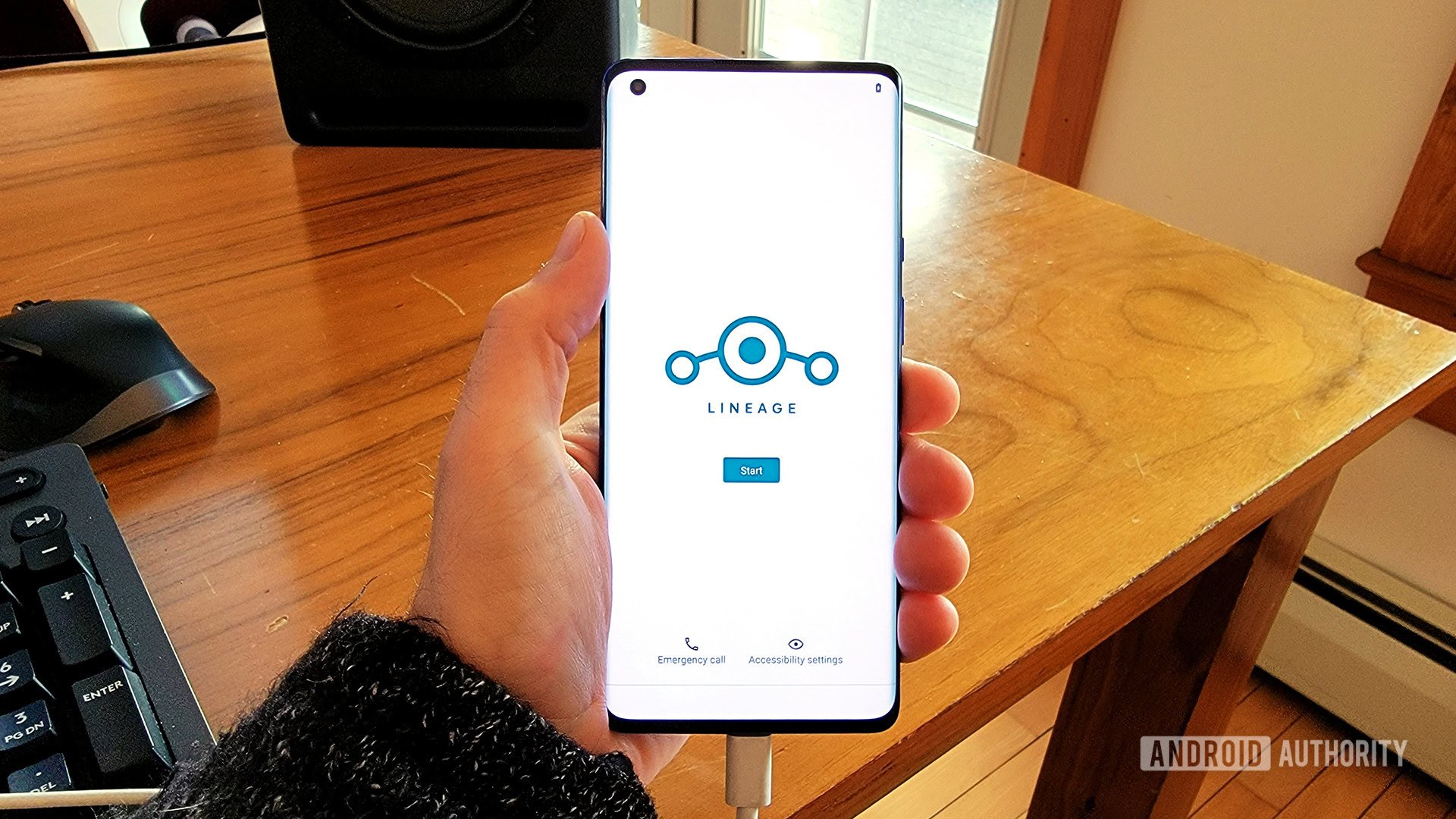- cross-posted to:
- android@lemdro.id
- cross-posted to:
- android@lemdro.id
I am surprised that Google spends so much time tackling custom ROMs via it’s Play Integrity API. If only they paid that much attention to say, curating the Play Store more, it had be much better for everyone



Can you cite examples of rooted smartphones leading to significant data breaches or financial losses? When the topic comes up, I always see hypotheticals, never examples of it actually happening.
It seems to me a good middle ground would be to make it reasonably easy (i.e. a magic button combination at boot followed by dire warnings and maybe manually typing in a couple dozen characters from a key signature) for users to add keys so that they can have a verified OS of their choice. Of course, there’s very little profit motive to do such a thing.
Pre-locked bootloader times ive had multiple android devices be passed to me that were malware infected that changed the rom in a way that even a factory reset would not remove the malware. Locked bootloaders made it so the rom needed to be signed and unaltered on boot, fixing this. Root access also means apps can use and access api’s in android that it normally cant, changing settings and things inside android it shouldnt. What do you think happens when malware comes in? :p
Imo, i agree what you said. bootloaders should remain locked but you should be able to somehow, in the bootloader, be able to add the os’ signature/keys to the bootloader’s trusted stuff like how secure boot on a pc keeps os signing keys and verification stuff inside the tpm.
This way you can install lineage os for example, tell bootloader to trust it, and lock bootloader again so nothing can be changed anymore.
I wouldnt take this from user input, as that is controlable by malware, but rather come from the OS itself. Maybe even during installation, idk